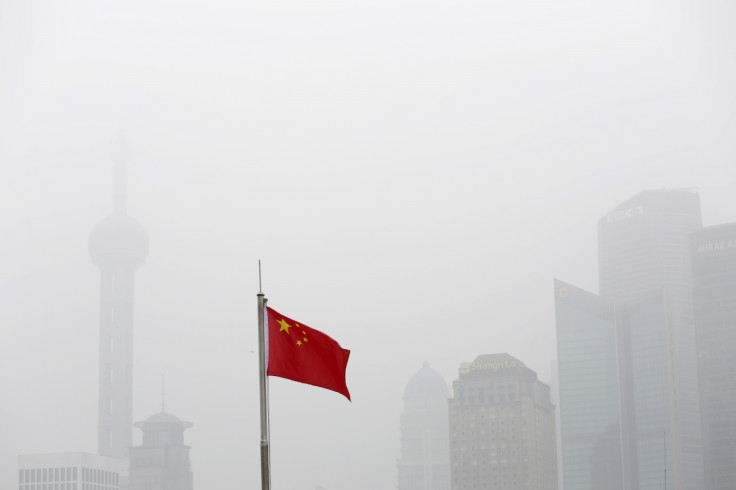China's new antiterrorism law could boost tech worries

China passed its first counter-terrorism law on 27 December. The country's legislature adopted the law in order to monitor online activity so as to help the Chinese government detect any possible threats to the security of the government and the general public.
The official announcement was seen in China's Xinhua news website that cited An Weixing, an official with the public security ministry, as saying: "Terrorist attacks have caused heavy losses of people's lives and properties, posing a serious threat to our security, stability, economic development and ethnic unity". The Chinese government claims that the law has been passed so as to ensure that they are appropriately armed in their fight against terrorism.
One of the key aspects of the new law is the provision that would apparently allow the Chinese government the ability to demand that telecom and internet service providers give "technical support and assistance, including decryption," to national security advisers. However, a report by the Wall Street Journal states that an earlier proposal to include provision of encryption codes was not included in the law.
Prior to the law being passed, there was some criticism levelled against it. Foreign technology companies like Apple expressed concern over the level of privacy and security they could maintain once the law came into effect. Critics have reportedly expressed their apprehension over the law possibly providing a convenient cover for the Chinese government to snoop into the operations of technology companies and, perhaps, even bypass privacy and security settings of everyday technological devices like smartphones, Wi-Fi routers and televisions.
In March, US President Barack Obama had reportedly expressed concern regarding the antiterrorism law that would possibly enable China to install "back doors" in technology companies' systems. Defending the law, Weixing is reported to have claimed: "China is against double standards on anti-terrorism issues."
Bloomberg reported that when questioned by a reporter on the legitimacy of the law, Li Shouwei, a deputy director of the criminal law office of the National People's Congress, responded, "Our assessment is such requirements do not affect companies' normal business operations. And there is no such issue of China using the requirement as a back door to violate companies' intellectual property or, as you suggested, to violate citizens' freedom of speech and religion".
The new law is believed to become operational from January 2016.
© Copyright IBTimes 2025. All rights reserved.






















